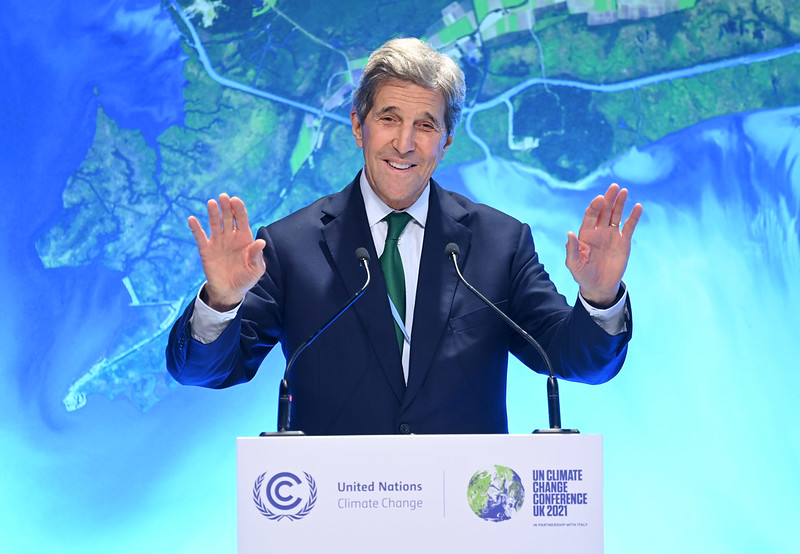
By Anders Lorenzen
Analysis by Columbia University’s Center on Global Energy Policy has confirmed, that climate pledges are far below what is required if we are to halt dangerous climate change.
The analysis showed that the promised action would only reduce greenhouse gas emissions by 9% this decade, far short of the global goal to cut emissions by nearly half by 2030.
The pledges set out and delivered to the UN ahead of the COP26 climate summit last year are called nationally Determined Contributions (NDC). The NDCs highlighted the gap between ambition and the necessary policies to reach net-zero emissions by 2050, the report outlined.
The report explains that the high emitters, the US and the European Union (EU) which are both pledging net-zero emissions by 2050, are only on a trajectory to reduce emissions based on 2015 levels by 27% by 2030. The developing large economies, and the high-emitters China and India, are committed to reaching net-zero by 2060 and 2070 respectively and would actually experience an increase in emissions by 10% during this decade.
Only a few countries are on a net-zero path
It is important to underline that the 9% number only reflects each individual country`s aims to deliver and does not take into account whether any specific country has enacted laws or policies to achieve that target. The report concludes that only a few countries have turned their pledges into clear action. Of the 100 countries with net-zero carbon neutrality targets currently only 14 have net-zero targets signed into law.
The report also predicted that fast-developing large economies such as China and India which in 2018 accounted for 42% of all emissions would continue to contribute to the uncertainty in terms of climate progress.
Taryn Fransen, a senior fellow at the non-profit World Resources Institute, who was not involved in the study, commented on the report:” The implications of this crisis for 2030 emissions depend on what we do next. Near-term action has yet to catch up with long-term ambitions.”
The war in Ukraine could slow down progress
James Glynn, an author of the report, expressed concern that soaring energy prices partly resulting from Russia’s invasion of Ukraine would slow down the EU and the US closure of coal-fired operations. Though he did express hope it could accelerate low-carbon energy investments.
Scientists worry that failure to meet the 2030 target would risk pushing the world towards irreversible climate impacts regardless of whether the second goal of net-zero emissions by 2050 is met.
During the UN climate talks in Paris in 2015 and the adoption of the Paris Agreement, it was agreed that emissions should not exceed 1.5 degrees C, but now nearly seven years later countries are still scrambling about with their policies and processes, while the clock continues to tick.
Categories: climate action, climate change
1 reply »